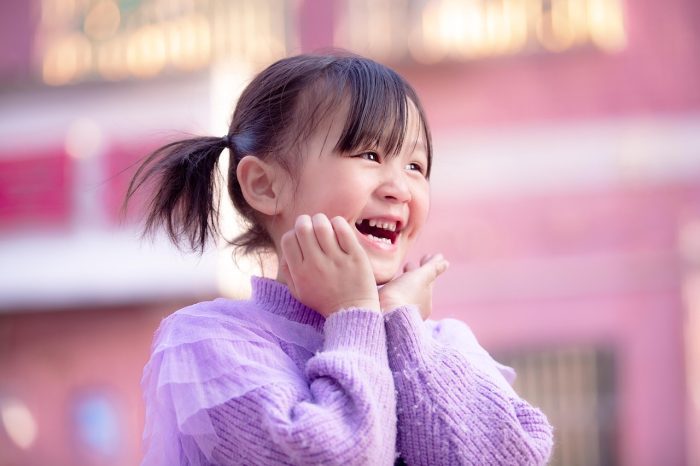By Daniel Dunaief

Words pour out of our mouths like different kinds of liquids.
Sometimes, those words can offer necessary relief from white hot anger, agony or discomfort, serving as a cooling salve, bringing a smile to our miserable faces and turning, as the cliche would suggest, a frown upside down.
Other times, the words people choose to share can exacerbate an already inflamed state, serving as lighter fluid, threatening to turn us from a mild shade of pink into a deep red.
Words can also become an avalanche, forcing us to look elsewhere as a nonstop collection of words, phrase or ideas threatens to bury us beneath their verbal weight. Desperate to get away, we might hope the speaker gets distracted by a flying turtle.
A diatribe, lesson or self-aggrandizing soliloquy can be exhausting and irritating.
But, it’s not just the words and their effect that are so familiar in conversations.
No, you see, it’s the facial expressions. Many people have a remarkable ability to run the gamut of human emotions and thoughts without saying a word. A tightening of the skin around their eyes, a slight narrowing of the lids, a crooked smile, or a baring of teeth, which is probably the least subtle of the facial reactions, can reveal something about our inner state or disclose how we’re feeling about the world around us or, more precisely, the person in front of us.
To varying degrees, actors and actresses have mastered the art of using their often photogenic, compelling, or sympathetic faces to tell stories and, perhaps, to reveal the inner conflict we know they are feeling when, say, their sister asks them to be a bridesmaid when she’s planning to marry a person the actress has loved for years. Yes, that was a mildly amusing movie and yes, you probably know it.
The rest of us mere facial mortals, however, may not be as capable of altering our features to reflect the wide range of emotions we might reveal in response to the way we feel behind the masks we try to wear.
When I lived in Manhattan, I thoroughly enjoyed people watching. It’s a form of endless entertainment. Leaning on the railing at Rockefeller Center in mid December years ago, I watched an elderly couple gliding around the rink together, holding hands and glancing contentedly at each other, clearly enjoying the moment. With gloved fingers interlaced, they synchronized their legs as well as any pairs figure skaters might.
While I imagined that they had been together for decades and that they might have gone to an ice skating rink on an early date, they also could have been together for a couple of months or, perhaps, gotten married a year earlier.
Either way, their faces, which I can still picture decades later, revealed a keen and profound satisfaction.
Some people undoubtedly have mastered the art of the poker face, appearing interested or attentive when they are thinking about where to eat dinner later that night, what laundry they need to take to the dry cleaner, or when to sell a stock that’s been teetering with all the others amidst concerns about corporate profits and a potential slowdown in the economy.
Others, however, can reveal the equivalent of an SOS call, with a slight turn of their neck, widening eyes, and a faint but noticeable grimace around their pained mouths.
When we get to know family or friends well, we can read their expressions or hear the flat tone in their voices, knowing that the word “interesting,” or “you don’t say,” really means, “please stop talking. I’ll pay you to stop talking. In fact, here is a set of fake plastic ears that look like mine. Chew on them and, when you’re done, please recycle what’s left over.”
Sometimes, when I know someone well enough, I’ll watch their faces as they listen to a perspective that irritates them, a joke they don’t find remotely amusing, or a comment they don’t appreciate and I’ll recognize the unspoken but deeply held thoughts etched in their faces.
With all the finely tuned muscles in our faces and our ability to raise or lower our eyebrows, we can send signals that the attentive listener or others can read like a subtle or, perhaps more obvious, signal.



















